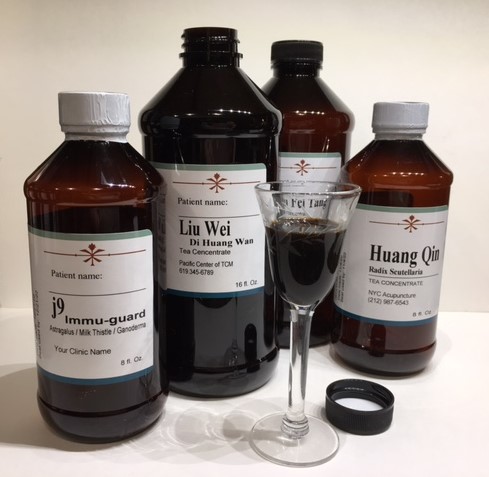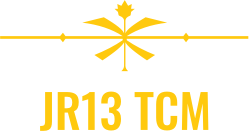Sometimes the Obvious Things are Overlooked
How many bottles of herbal extract concentrate powder or granules have been opened at your practice and are now sitting on a shelf? According to the Kellogg Co., consumers typically have several opened boxes of breakfast cereals in their homes at any one time, and the time lapse between packaging and consumption of these cereals, in Kellogg’s opinion, requires the use of preservatives.
and some degree of stale, is of enormous consequence.
PROBLEM-CAUSE-SOLUTION
PROBLEM: The industrialization of TCM results in pharmacies stocked with herbal extract concentrates that are stale/rancid and losing potency every day. “USE BY” date is unrealistic and misinterpreted. The focus here is on dried products in the pill or powder/granule form (dehydrated tea). Many herbs we use in TCM contain a high volume of potent medicinal oils: persica seed/Tao Ren, Armeniacae seed/Xing Ren, 20 commonly used seed varieties, and many other herbs. The changes that happen to the oils after an herbal tea is dehydrated is basic science . . .
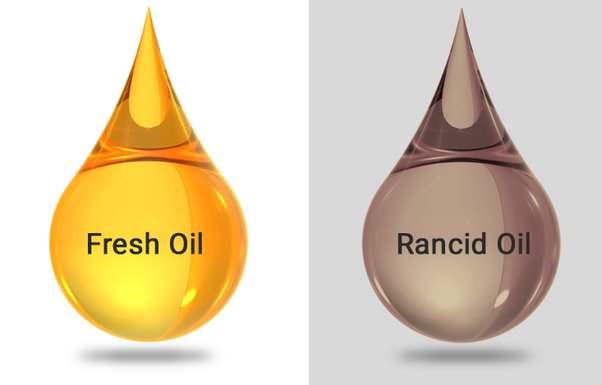
Therapeutic Toxic
CAUSE: The combination of a substance with oxygen (oxidative rancidity). When herbs are cooked, the protective cell walls are broken, releasing the active compounds out into a bioavailable form. Without preservatives, the process of oxidation is ongoing, beginning as soon as it’s dried, exposing the cell’s contents to oxygen in the air. This inevitably diminishes clinical value in only a matter of days. Consider that the time from processing to prescription will likely be weeks or months… A dull, sour, bitter taste does not lie. Storing them at room temperature, in non-photoprotective packaging (white bottles), and exposing them to humidity by repeated opening, all conspire to accelerate potency decline. These factors make a pharmacy of herbal extract concentrate powders/granules less than ideal.
Spray drying: This process should not be glossed over. Many TCM herbs are potent because of their aromatic/fragrant quality. Their scents are distinctive and conspicuous statements of power. In the body, they’re highly therapeutic and fast acting. While spray drying is efficient for mass production, it literally blows away much of the aromatic component of an herb. Extract pills are commonly made from powders or granules that were spray-dried (or other spray-air processing). Thus, they barely have any smell. This common practice greatly decreases therapeutic potential.
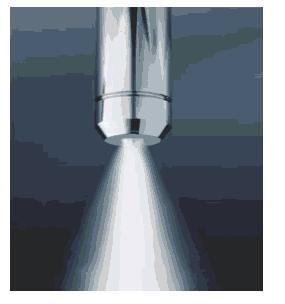
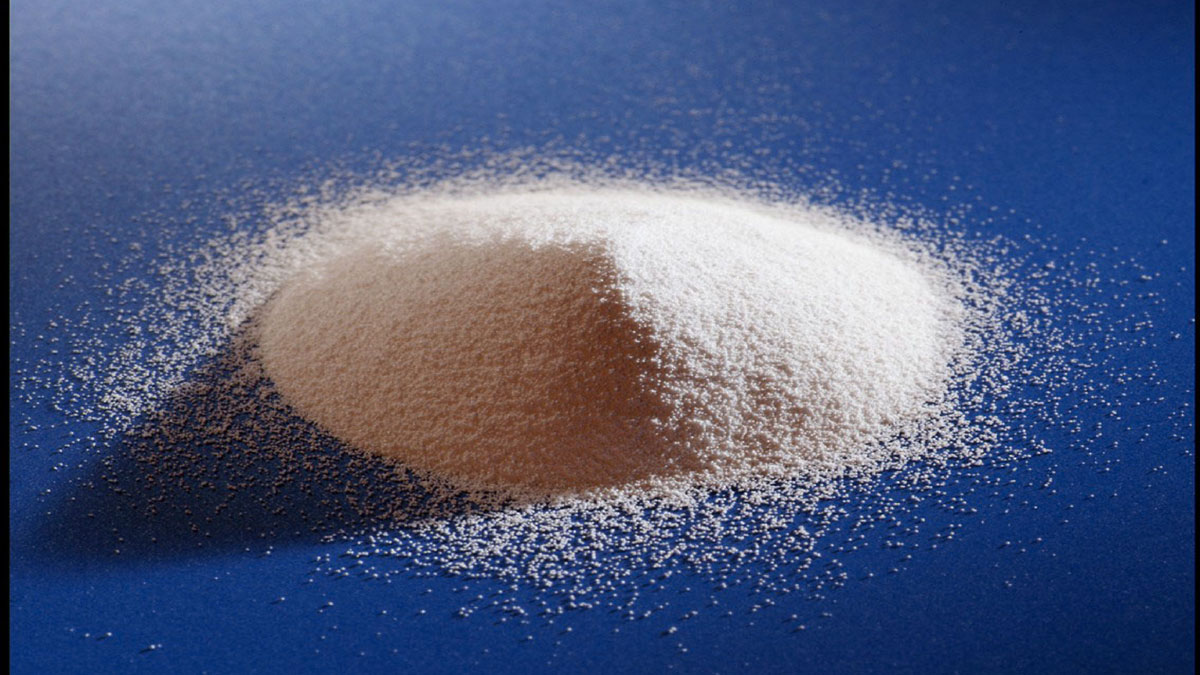
SOLUTION: Avoid oxidative rancidity and rapid potency deterioration altogether with a liquid herbal pharmacy. It simply makes more sense. Unlike dried concentrates, our cooked liquid tea concentrates (not tinctures) will not go stale/rancid. They’re preserved with 20% alcohol while fresh and at the height of their potency. They don’t need refrigeration and will remain highly potent for years even if they’re opened 50 times a day. When the window of opportunity to intervene is open, they’re always ready at 100% high potency. Dehydrated teas, such as tea-pills, tablets, powders, and granules have their place but there are significant drawbacks, and few educators stray from the path to mention them. We’ve worked decades on this answer to the dried tea problem. In our view, we’ve surpassed the potency levels of dried tea.
The strong taste, revealing a potent medicine, is quite tolerable in a mango juice shot.
